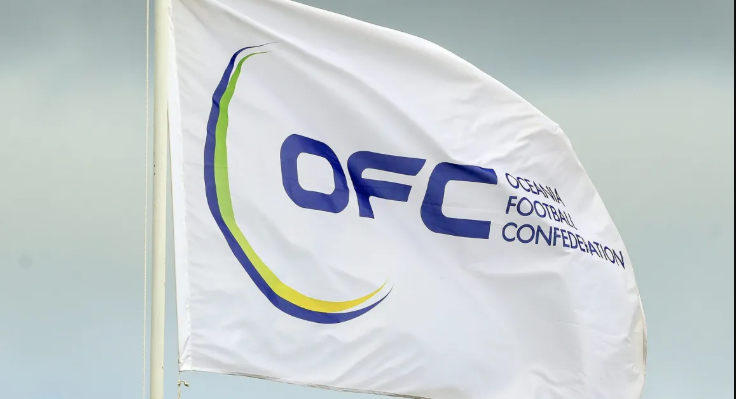The Oceania Football Confederation (OFC) has unveiled the eight founding clubs for its groundbreaking professional league, set to commence on January 10, 2024. This landmark development marks a significant stride for football in the Oceania region, introducing a professional platform for clubs, players, and coaches to compete at an elevated level within the Pacific. The inaugural season of the OFC Professional League, running until May, will feature clubs from seven nations, including representation from Australia and New Zealand, adding a trans-Tasman dimension to the competition. The diverse representation underscores the OFC’s commitment to broadening the reach and competitiveness of football in the region. Critically, the league will serve as a qualifying pathway for the FIFA Club World Cup in 2029, offering Oceania clubs a tangible opportunity to compete on the global stage.
The eight selected clubs bring a blend of established names and emerging forces in Oceania football. Fiji’s Bula Boys FC, Papua New Guinea’s Hekari United FC, Solomon Islands’ Solomon Kings FC, Tahiti’s Tahiti United FC, and Vanuatu’s Vanuatu FC will represent the heart of the OFC region. These clubs carry the hopes and aspirations of their respective nations, bringing their unique styles and traditions to the professional arena. Joining them are New Zealand powerhouses Auckland FC and Christchurch United, adding a layer of established professionalism and competitive intensity. Australia’s South Melbourne FC rounds out the octet, representing the sole participant from outside the traditional OFC boundaries, injecting a trans-Tasman rivalry and elevating the overall level of competition. While the chosen clubs have been announced, they still need to complete the final stages of the licensing and compliance process for full confirmation, ensuring that all participating teams meet the required standards for professional football.
The OFC Professional League is structured to provide a robust and engaging competition format. Each club will play a minimum of 17 matches during the initial phase of the season, ensuring a substantial number of games to determine the league standings. This initial stage allows teams to showcase their abilities and establish their positions within the league hierarchy. Following the initial phase, the league will be split into two groups, dividing the top four and bottom four teams based on their performance. This split ensures that the competition remains fierce and relevant for all participating clubs, creating distinct battles for both the championship and survival. The top teams will compete for three of the four semi-final spots, while the leading team from the bottom group will also earn a playoff match, offering a second chance and maintaining the competitive spirit throughout the season.
The establishment of the OFC Professional League represents a pivotal moment for football in the region. It provides a much-needed professional pathway for players, coaches, and clubs to develop and progress within Oceania, ultimately raising the overall standard of football in the Pacific. This structured platform allows players to hone their skills and gain valuable experience in a professional environment, creating a sustainable talent pipeline for the future. Coaches also benefit from the opportunity to work at a higher level, refining their tactical approaches and player management skills. For clubs, the professional league offers a stable and competitive environment to grow their brands, attract investment, and enhance their overall infrastructure.
The league’s introduction also strengthens Oceania’s footballing presence on the international stage. By providing a pathway to the FIFA Club World Cup, the OFC Professional League offers Oceania clubs a tangible opportunity to test themselves against the world’s best. This exposure is crucial for the development of football in the region, providing valuable experience and raising the profile of Oceania football globally. The league’s launch serves as a catalyst for growth and improvement across the board, inspiring aspiring players, coaches, and clubs to strive for excellence. It also lays the foundation for a more robust and competitive footballing landscape in Oceania, setting the stage for future generations of talent to emerge.
In summary, the OFC Professional League is more than just a new competition; it represents a transformative step for football in Oceania. It marks a historic shift towards professionalism, providing a platform for growth, development, and international recognition. The inaugural season promises to be an exciting spectacle, showcasing the best talent from the region and setting the stage for a brighter future for Oceania football. The eight founding clubs embark on this journey with high hopes and expectations, carrying the banner of their respective nations and the aspirations of a region eager to make its mark on the global footballing map. The league’s success will not only depend on the performance of the clubs but also on the continued support and investment in the development of football infrastructure and talent throughout Oceania.














